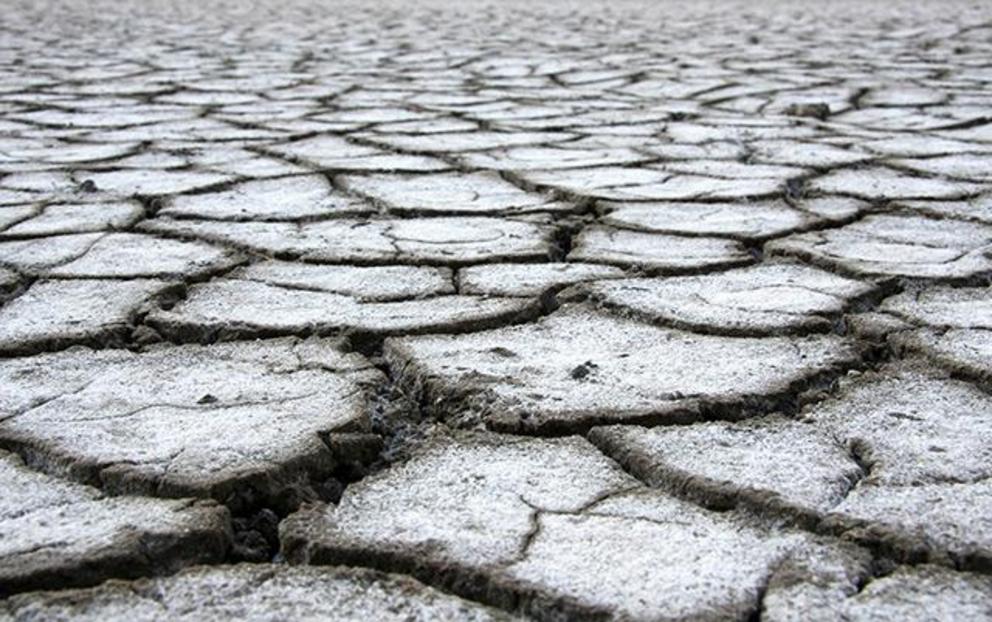Silicon can be an ideal natural amendment for farms that have high salinization
Researchers have found that amending the soil with silicon can mitigate the impact of salt stress on corn plants, providing a solution that will benefit countries facing problems with soil salinity.
Too much salinity exerts stress on plants, impairing their photosynthetic apparatus and preventing them from efficiently converting water and carbon dioxide into the glucose they need to survive. What’s more, the presence of salt in the soil prevents the plant from absorbing essential nutrients through their roots.
The researchers conducted a sand culture experiment where they determined the effects of salt stress, as well as the benefits of silicon on the development of maize plants. They planted two cultivars of corn in small pots with two levels of silicon (0 and 2 millimolar [mM] of silicic acid [H2SiO3]) and two levels of levels of salinity stress (0 and 60 mM salt [NaCl]).
The plants in the pots with high salinity exhibited reductions in dry matter yield, indicating poor health, as well as reductions in the concentration of potassium in their roots. Chlorophyll fluorescence tests also revealed lowered photosynthetic efficiency.
In contrast, the plants that grew in silicon-enhanced soil showed resilience despite the presence of salt. Their photosynthetic apparatus remained functional, while both their dry matter yield and water use efficiency (WUE) clocked higher than those in the non-treated plants.
The researchers concluded that treating the soil with silicon improves the chance of maize plants to resist the effects of high salinity by maintaining the function of their photosynthetic apparatus.
The study was published in Archives of Agronomy and Soil Science.
Fast facts on soil salinity
Soil salinity is one of what is called abiotic stresses or non-living threats to plant growth and survival. Here are some facts to know about the issue:
- It is a worldwide concern – There are regions that are more prone to high salinity than others. For instance, areas in Australia and Pakistan face a huge soil salinity problem. The issue, however, is worldwide in scope. It is estimated that 20 percent of cultivated land around the world and 33 percent of irrigated agricultural land are challenged by salinity. By 2050, these figures are anticipated to rise to 50 percent of all arable land worldwide.
- It affects food production – Considering the grave impact that salinity has on crops, it’s not surprising that such a problem would cause huge losses on edible produce. And this affects not just the country that plants the crops. In an interconnected world, countries depend on each other for resources, including food, so any setback has a far-reaching impact. (Related: World’s soil quality in horrible decline, food shortages to come.)
- It can be the result of natural processes – Soil salinity can be the result of several events that happen in nature. Soils that have been submerged for a time under seawater may exhibit heightened salinity as a result. The same outcome may occur if an area accumulates salt through the physical and chemical weathering of minerals in the ground. In dry areas, the lack of rain means the soil is rarely flushed, leading to accumulation of salt.
- It may also be the result of human activities – Inappropriate irrigation is one of humanity’s main contributions to soil salinity. In coastal areas, irrigation may lead to a drastic decrease in groundwater levels, causing saline water to occupy freshwater aquifers in a process called saltwater intrusion. Irrigation in areas with heavy soil and a dry climate may also lead to increasing salinity because of the absence of rain to wash the salt off. Waterlogging resulting from the absence of proper drainage contributes to the problem as the lack of an outlet prevents salt from irrigation water from being leached out.
Learn about farming methods that benefit your community and the environment at Harvest.news.

